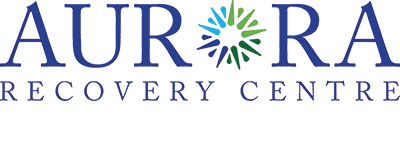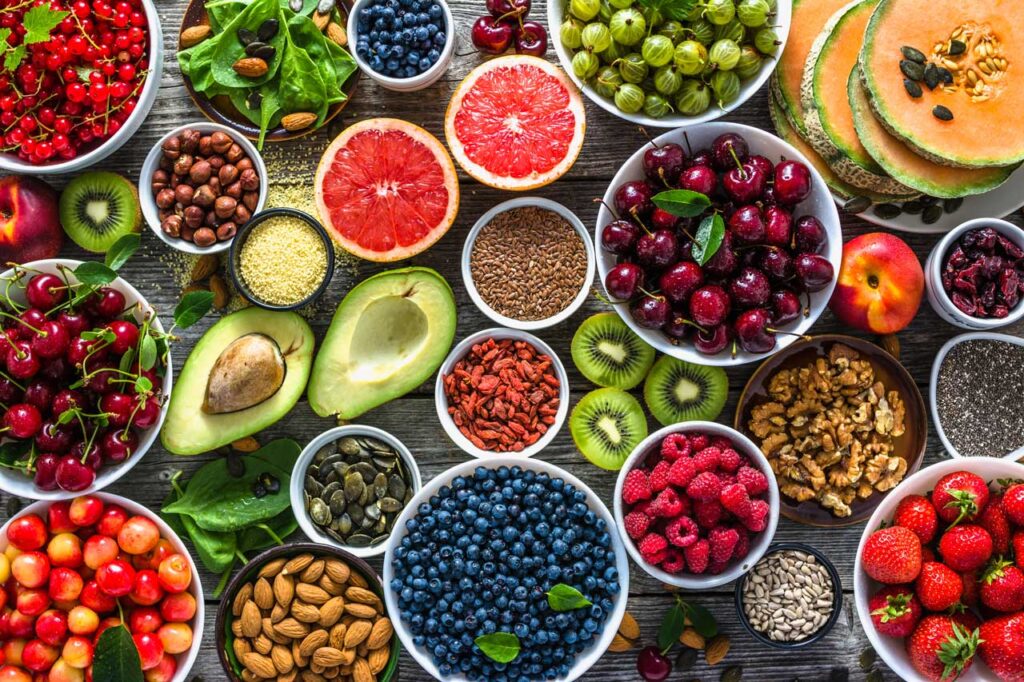Most people know good nutrition and physical activity are key to maintaining a healthy weight, but each is about much more than a number on a scale. That’s especially true when you’re recovering from a substance abuse disorder.
Countering stress with a healthy diet is one of the ways people recovering from addiction can manage their mental health and prevent relapse, Canada’s Centre for Addiction and Mental Health (CAMH) reports. [Addiction 101: Supporting recovery (camhx.ca)]
‘Good nutrition’ means your body gets all the nutrients, vitamins and minerals it needs to work its best. Even short-term substance abuse can take a tremendous toll on the body by suppressing appetite and depriving it of its ability to absorb nutrients, making good nutrition even more vital in recovery.
Individuals under the influence may make poor nutritional choices for a variety of reasons. Processed and fast foods are often less expensive, easier to access and more convenient than healthier choices. Research shows individuals with substance use disorders often prefer sweets over nutritious foods.
Although often overlooked, nutrition can play a key role in the treatment and recovery process for individuals with a substance use disorder and should be part of a holistic approach toward recovery.
Aurora Recovery Centre understands that maintaining sobriety is easier when the body is healthy and nourished. That’s why our residential inpatient treatment programs pay careful attention to nutrition.
Studies from the Utah State University [DietNutritionandSubstanceUseDisorder.pdf (usu.edu)] show that a healthy diet can help reduce withdrawal symptoms and cravings while helping the body detoxify from the harmful effects of substance abuse. It can also decrease stress, increase energy, maintain focus and stabilize and improve mood — all of which can boost the body’s ability to resist the urge to abuse substances.
The studies also note nutrients help your body rebuild tissues, repair organs and restore overall health. Increasing consumption of healthy nutrients like fatty acids, B vitamins, zinc and antioxidants, for instance, can increase neurotransmitter signalling in the brain and help reverse depression and suicidal thoughts that sometimes occur with a substance use disorder.
Addiction changes how your brain behaves, but good nutrition provides your body with the essential building blocks to support neuroplasticity, a term that refers to our brain’s ability to rewire itself in response to experience. Just like the brain can change in a negative way through substance use disorders, it can also change in a positive way when we adopt skills learned in therapy and form new, healthier habits.
While the science behind those concepts might be complicated, good nutrition doesn’t have to be. Canada’s Food Guide [Canada’s Food Guide; food-guide.canada.ca/en/] advises us to eat a variety of healthy foods every day, including fruits and vegetables, protein and whole-grain foods and to make water our drink of choice.
There are plenty of options within each food group so even picky eaters, those on a budget or individuals with dietary restrictions can make healthy choices. Planning healthy meals can fill spare time that might otherwise be spent thinking about, acquiring or using a substance, and eating meals with others offers valuable social interaction – both of which support recovery.
At Aurora Recovery Centre, nutritional support is part of your individualized treatment plan. Fresh, delicious and nutritious meals and snacks will rejuvenate you and help you on your journey to recovery.
If you’re suffering from a substance use disorder, there’s no better time to begin your journey to recovery than today. Contact Aurora Recovery Centre and learn how we can help you begin this healthy and rewarding new chapter in your life.

